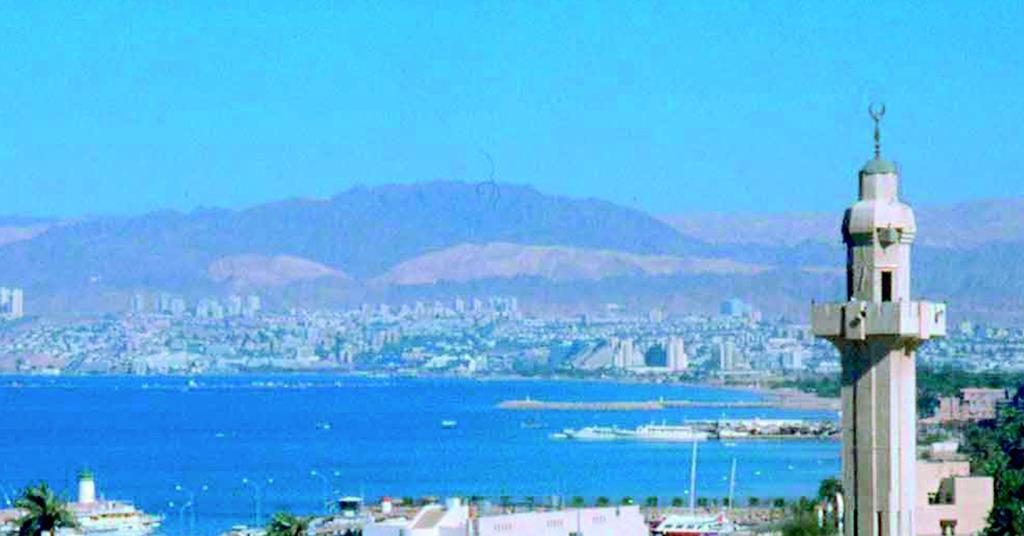Jordan's specialized economic zones (SEZs) are poised for a collaborative leap forward, with the Aqaba Special Economic Zone Authority (ASEZA) taking the helm in fostering closer ties. This national initiative aims to leverage the unique strengths of each SEZ, creating a more robust economic ecosystem that attracts foreign investment and boosts national growth.
The strategic partnership, currently under discussion, recognizes Aqaba's established reputation as a premier trade and tourism hub. Its status as a duty-free zone and proximity to major shipping lanes make it an ideal launchpad for international businesses. Other SEZs across the country, each with their own specialized focus, stand to benefit from this alliance.
For instance, the Queen Alia Airport Free Zone, a leader in logistics and manufacturing, could establish streamlined supply chains connecting Aqaba's port facilities with regional and international markets. Similarly, the Petra Development and Tourism Authority Zone, renowned for its historical and cultural significance, could partner with Aqaba to create a multi-faceted tourism experience for international visitors.
This collaborative effort extends beyond tourism and logistics. The upcoming Wadi Araba Development Area, specializing in resource extraction and processing industries, could explore synergies with Aqaba's established industrial base. Knowledge-based SEZs, such as the King Abdullah II City for Information Technology, could leverage Aqaba's advanced telecommunications infrastructure to attract tech companies seeking a regional foothold.
The potential benefits of this national SEZ alliance are multifaceted. Increased collaboration could lead to streamlined trade regulations, simplified customs procedures, and the pooling of resources for marketing and promotion. This, in turn, would enhance Jordan's overall competitiveness as an investment destination, attracting a wider range of foreign direct investments (FDI).
Furthermore, the initiative could foster knowledge transfer and expertise sharing between SEZs. Established zones, like Aqaba, could provide valuable guidance and best practices to newly developed ones, accelerating their growth and development. This collaborative approach would contribute to a more balanced national economic landscape, reducing regional disparities and creating new employment opportunities across the country.
The discussions surrounding the SEZ partnership highlight the Jordanian government's commitment to fostering a more integrated and efficient national economic environment. By harnessing the collective strengths of its specialized zones, Jordan aims to solidify its position as a key player in the regional and global marketplace.

